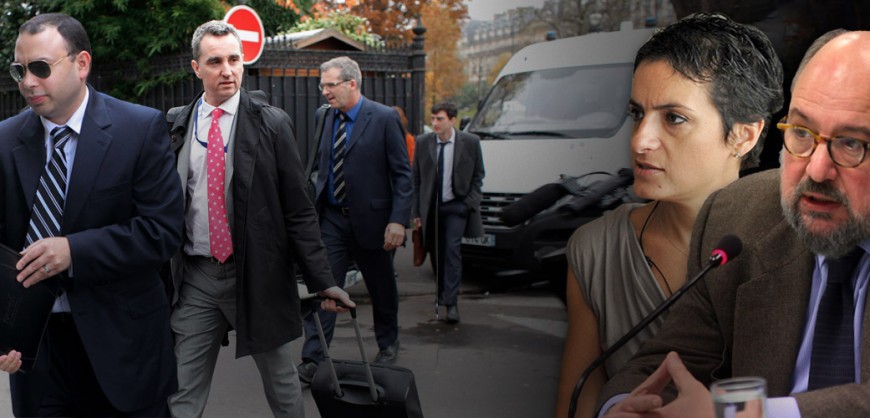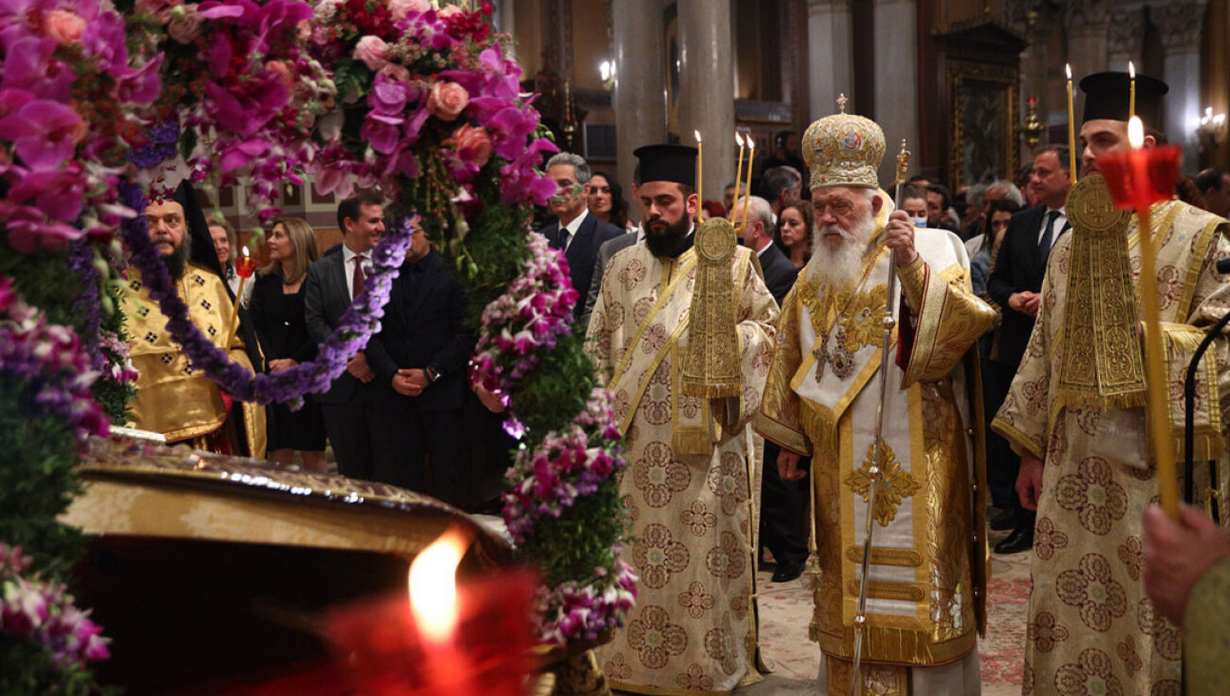The Catholics begin Easter, earlier than the Greek Orthodox community, but it seems that Passion Week honoring the rite of Easter has begun for the Greek economy. The Greek negotiating team say that there is light at the end of the tunnel and progress with talks with the Brussels Group, however a large number of the Radical Left Coalition (SYRIZA) government’s positions have yet to be bridged. The Eurogroup meeting on Greece isn’t expected before April 5, with the “kiss of life” – if it is given at all – due on the Greek Easter Holy Wednesday, when the Sacrament of the Holy Oil service takes place.
Despite the spirit of Easter and forgiveness, it seems unlikely that talks with Greece will be marked by Christian (or even European) unity and forgiveness before talks “lock”. In the best-case scenario, the Brussels Group will agree to Varoufakis’ reforms no sooner than Wednesday at the earliest. Optimism, however, may be unrealistic as both sources from the Finance Ministry and Eurozone have expressed discontent at the slow procedures for the application of the February 20 agreement that may have something to do with the fact that “creative vagueness” has been getting in the way of succinct interpretations. There are claims that the Greek proposals aren’t fully costed and inadequately presented.
Passion Week
Until Holy Wednesday, April 8, the Greek public sector needs to come up with 1.4 bln euros for the refunding of 6-month T-bonds that expire on April 14, whereas April 9 marks the date for the repayment of 450,000,000 euros to the international Monetary Fund. Meanwhile, more three-month bonds worth 1 bln euros end on April 17, whereas 1 + 1.5 bln euros need to be found to pay off wages and pensions before Easter.





































